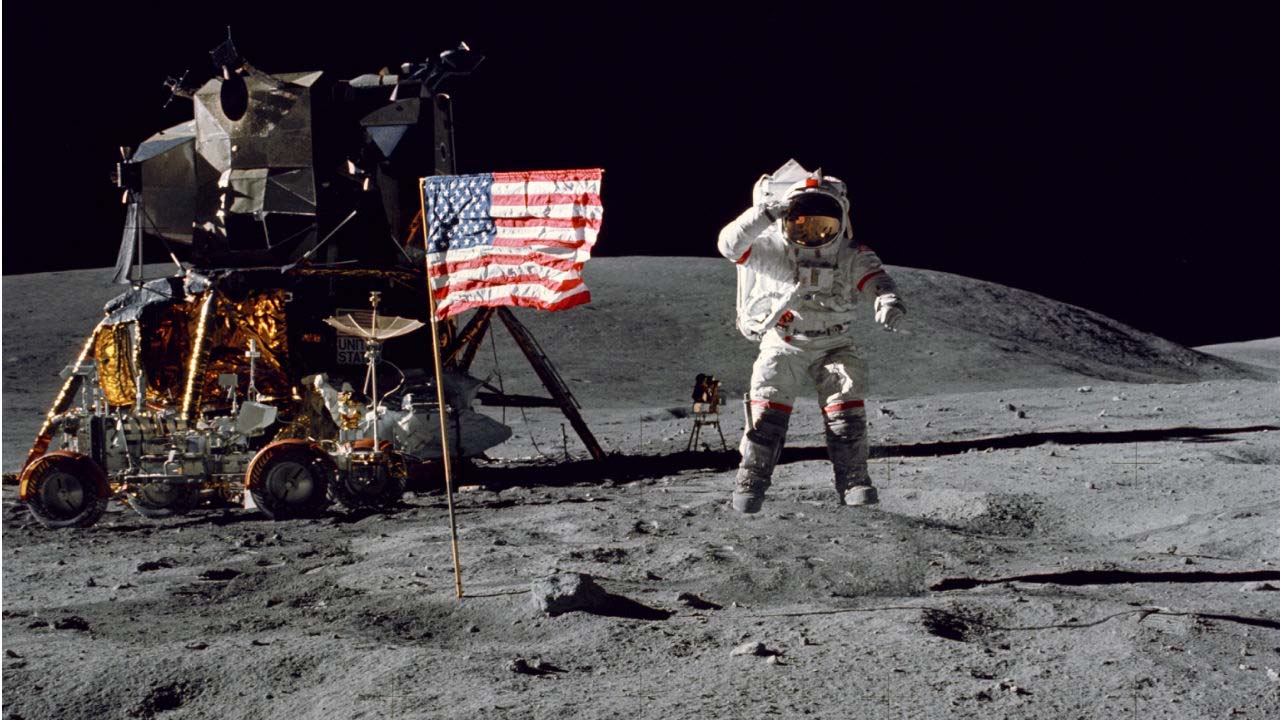Conspiracy theories are nothing new. But over the past decade, social media has undoubtedly contributed to the amplification and circulation of false information, spreading unfounded stories on the existence of covert organisations that plot to manipulate governments, markets and global events.
There is no denying that structured narratives of events that are consistent with how most people receive information are provided by conspiracy theorists. When official explanations appear insufficient, they offer explanations for perplexing, upsetting and ambiguous situations.
We are living in an extraordinary period of history where the degree of trust between people and their governments is constantly declining. Politicians at all levels claim to have a strategy to better the lives of their constituents. Rarely does a politician acknowledge that they are seeking office for monetary gain. Instead, politicians running for office frequently make grandiose claims about the progressive improvements they will implement if elected.
Most businesses in the advanced industrial society in which we live create commodity goods that, at best, do not differ significantly from those of their rivals. In the process of branding, advertisers use implausible promises to persuade consumers to believe in them for a variety of irrational reasons.
When it comes to religion, the truth is that many followers have lost faith in their own spiritual leaders in the wake of the recent admissions of reports of abuse, corruption, and cover-up. They also believe that the church is irrelevant and that their religious leaders are morally hypocritical, frequently acting like CEOs marketing God as a product.
Nowadays, people require greater transparency. And with so much distrust, conditions could not be riper for conspiracy theories to take hold.
But why do we latch onto them? What is it about these theories that piques our curiosity? According to sociologist and author Cynthia Miller-Idriss, “People tend to turn to conspiracy theories when they have lost a sense of control and feel afraid and anxious because these theories can offer comfort in the form of a black-and-white answer.
“When something is so horrifying, it is easier for people to believe it cannot be true. They may become more susceptible to conspiracy ideas because of their inability to psychologically accept the truth,” Miller-Idriss says. “These sporadic, frightening events lead to vulnerability.”
Top conspiracy theories are frequently quite challenging to refute. Some may contain grains of truth or feed an emotional need in believers.
Contesting the veracity of Hitler’s suicide is one of the most popular conspiracy theories. Evidently Hitler faked his death in the bunker and then fled in a ghost convoy to Argentina, where he spent the remainder of his days.
Another theory claims that the CIA was involved in the assassination of John F Kennedy. Not only was the popular president fatally shot in broad daylight, the accused assassin, Lee Harvey Oswald was killed days later, inviting speculation about a cover-up, as early as the late 1960s more than 50 per cent of Americans did not believe Oswald had acted alone. And as of 2017, 61 per cent of Americans thought the CIA was somehow involved in the assassination conspiracy.
One year after divorcing Prince Charles, Princess Diana was killed in a car crash in Paris in 1997, sparking a flurry of conspiracies. According to the theory, Diana’s death was not an accident. Dodi Fayed, an Egyptian film producer who died in the same car as the princess, was rumoured to be planning to propose to Diana on the evening of the tragedy. Dodi’s father, Mohamed al-Fayed, claimed in court that they were assassinated because the monarchy could not stand the thought of the British throne’s future successors, Charles and Diana’s sons, having a Muslim stepfather.
Whether it is the idea that the world is being run by an evil power, the pandemic is spread by 5G technology to control the world’s population, the moon landing was staged, 9/11 was an inside job, Shakespeare was someone else, or Elvis Presley and Michael Jackson faked their own deaths, there are those of us who feel such claims are outlandish and ridiculous, however their power lies in the fact that they confirm what some people want to believe.







Click here to change your cookie preferences